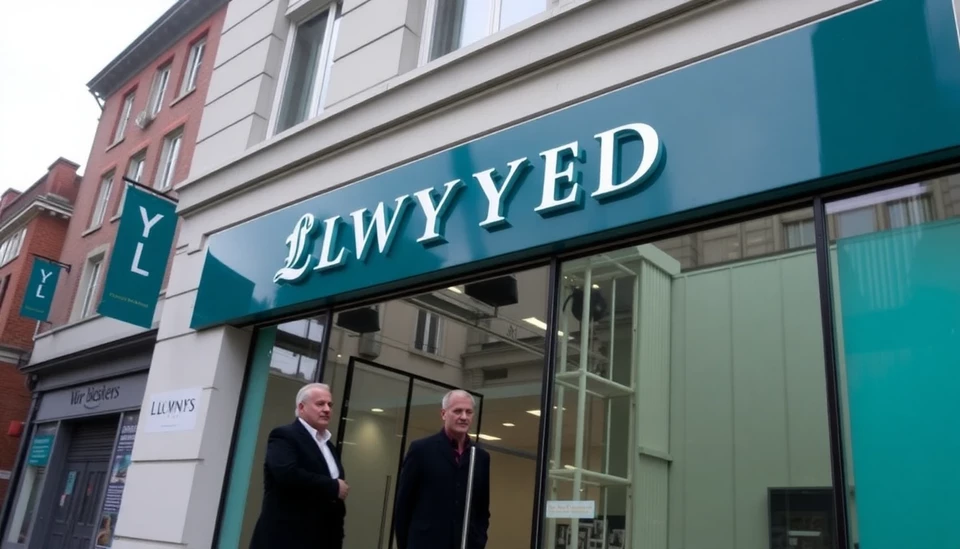
In a recent report, the Organisation for Economic Co-operation and Development (OECD) has presented a compelling case for South Africa to establish a centralized authority dedicated to combating corruption. This recommendation aims to streamline efforts currently fragmented across various sectors, thereby enhancing the effectiveness and accountability of anti-corruption measures in the country.
The OECD report emphasizes that South Africa's struggle with corruption undermines public trust and poses significant challenges to the nation’s economic growth and investment attractiveness. Despite various initiatives and attempts to tackle the issue, the lack of coordination among different governmental bodies has resulted in inconsistent enforcement of anti-corruption laws.
By advocating for the creation of a single body, the OECD suggests that such an organization could oversee corruption investigations, standardize procedures, and foster collaboration among law enforcement agencies. This would not only consolidate resources but also provide a clear line of authority and responsibility in handling corruption cases.
Furthermore, the report identifies key areas where the new body could operate, such as strengthening the legal framework surrounding corruption, enhancing transparency in government dealings, and promoting civic engagement in anti-corruption efforts. The OECD highlighted that citizen involvement is crucial for building a robust culture of accountability and integrity within South Africa.
In addition to administrative reforms, the OECD report urges the South African government to adopt measures that will help in the detection and prevention of corrupt practices, particularly within public procurement processes. The organization acknowledged that while South Africa has made progress through various reforms, significant gaps still exist that need addressing.
The recommendations from the OECD come at a time when the South African public is increasingly frustrated with high-profile corruption scandals that have plagued the government over the past few years. The growing disillusionment calls for a decisive response to restore faith in public institutions.
In summary, the OECD’s proposal for a unified anti-corruption body in South Africa represents a strategic approach to tackling systemic corruption. By implementing such a framework, South Africa could not only enhance the efficiency of its anti-corruption efforts but also contribute to a more trustworthy and transparent governance system that benefits all citizens.
In light of the OECD's findings, it remains to be seen how the South African government will respond, but the urgency for action has never been clearer. As the nation grapples with its challenges of corruption, the establishment of a centralized authority could mark a turning point in its ongoing battle for democracy and integrity.
#Corruption #OECD #SouthAfrica #Accountability #AntiCorruption #GovernmentReform
Author: Daniel Foster




